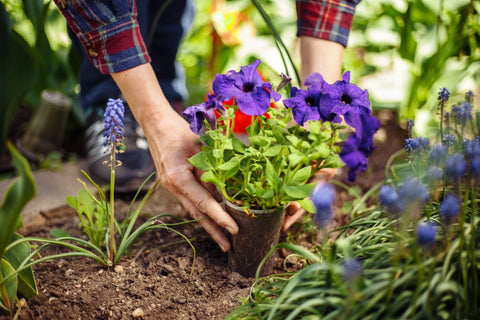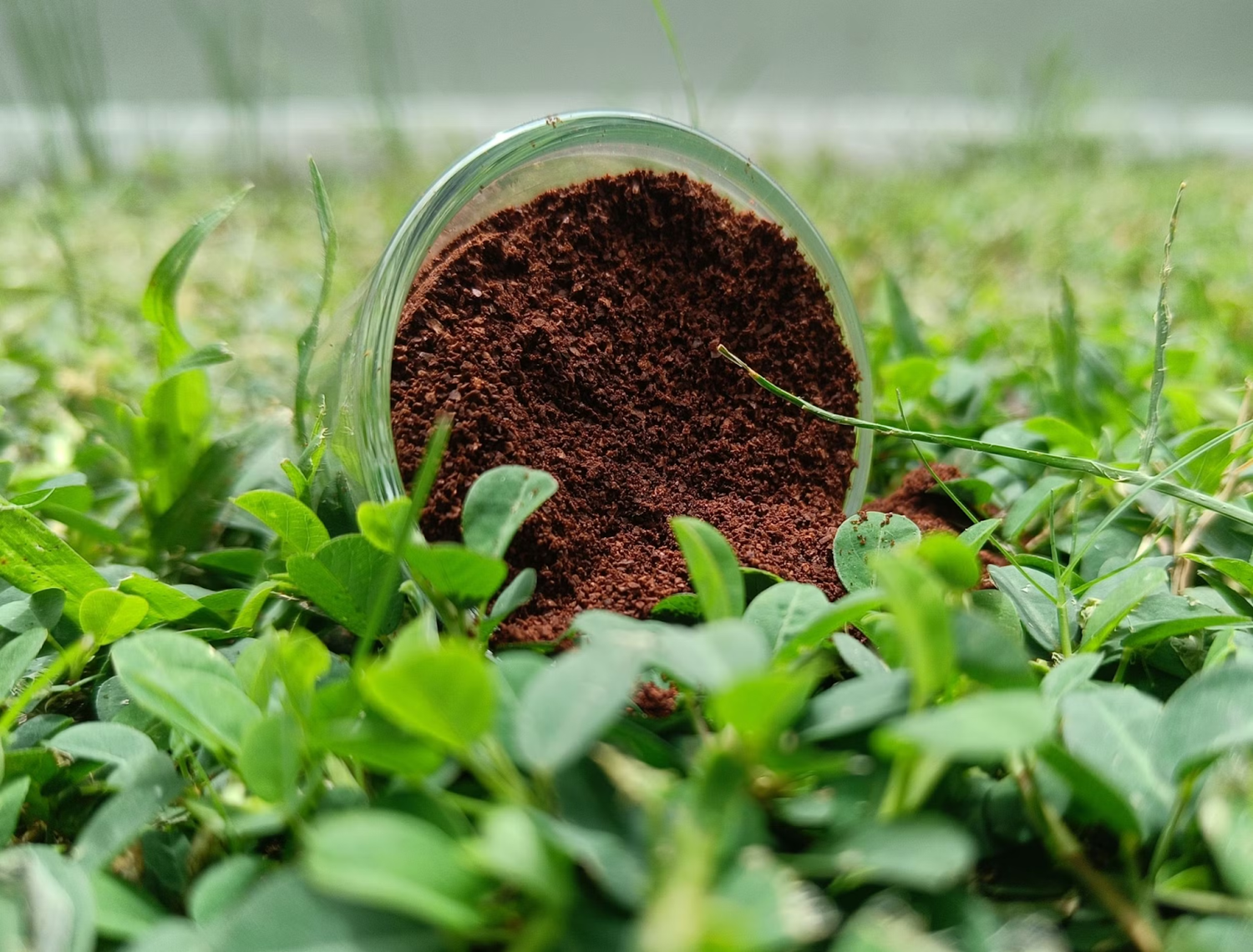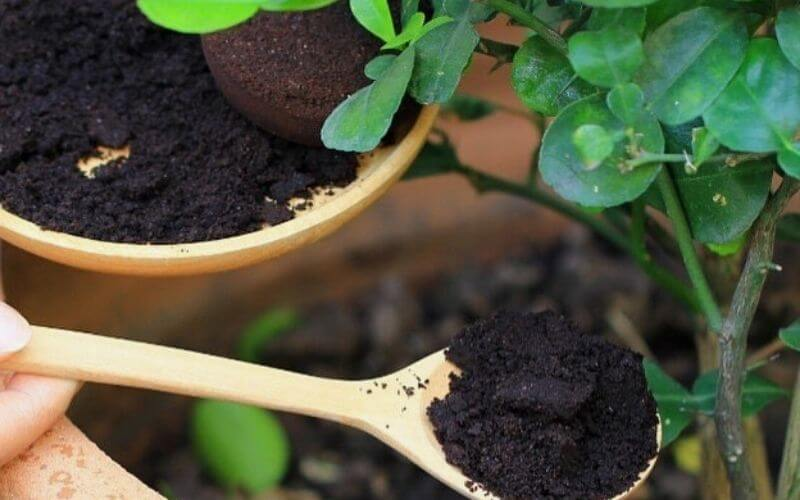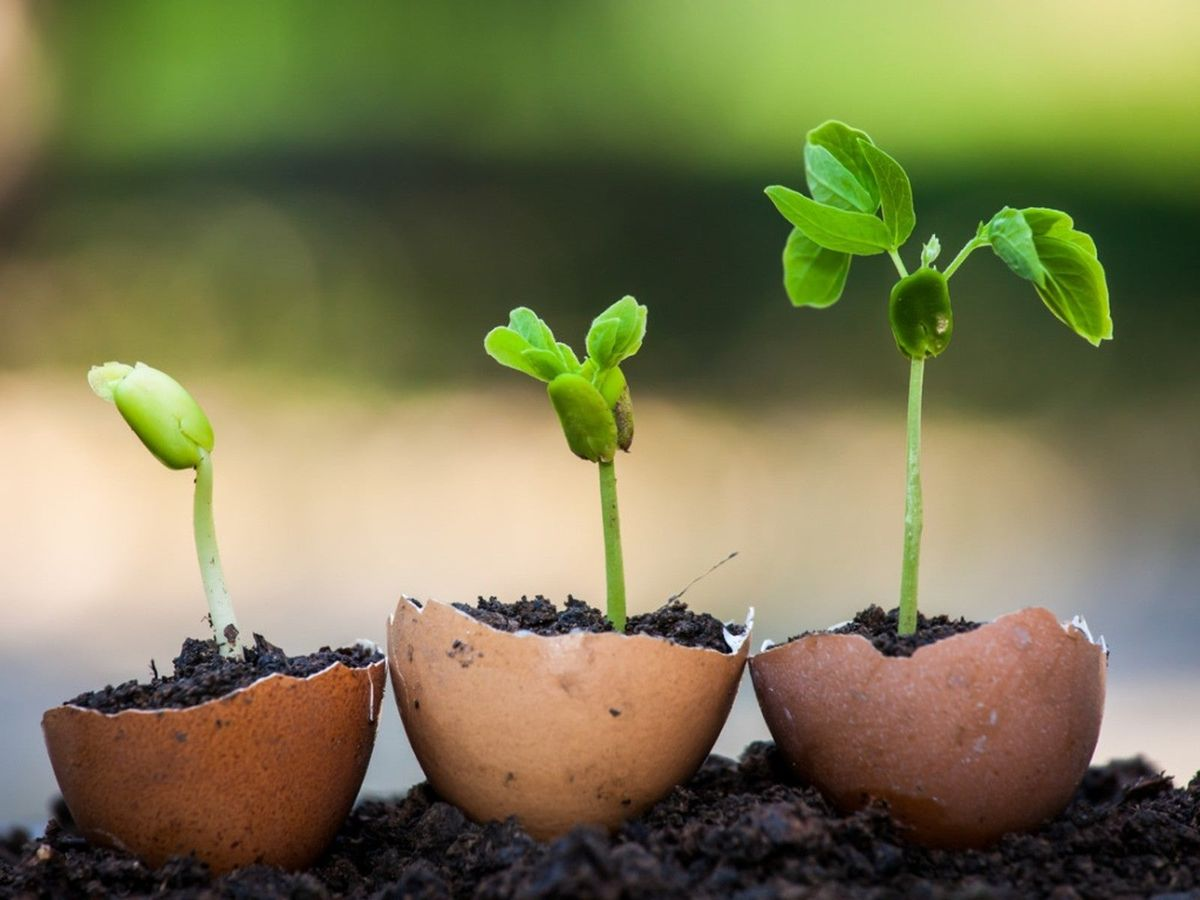Why Use Coffee Grounds for Compost?
Organic matter is present in coffee grounds, while nitrogen, potassium, and phosphorus are favorable to growth. When applied properly, coffee grounds can:
- Improve soil structure, improving water retention and drainage
- Slowly release nitrogen, giving your plants a consistent source.
- The coffee-rich soil helps develop a healthy root by harboring useful bacteria.
- Reusing coffee grounds is environmentally sensitive because most grounds are headed to landfills.






